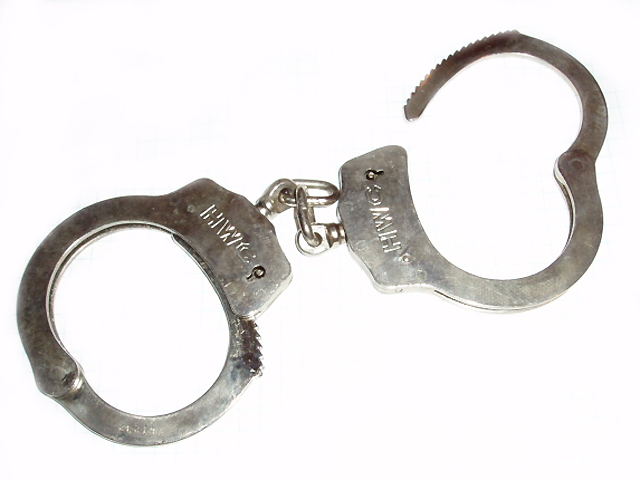1. It can't possibly help if you talk to the police, or attempt to talk your way out of getting arrested. What you tell the police can't be used to help you at trial, even if it's exculpatory, because it's hearsay, and won't be in evidence.
2. Even if you want to admit that you did something wrong, why do it now? You'll get the chance to admit to guilt later, once you're represented by an attorney, who can help you get a plea deal, and present things in the best light possible. Watch this video to get a law professor's take on this. It's long, but worth it, and it continues in a few more videos. My blog posting here is essentially a re-cap of that video.
3. Even if you're innocent, and you think it's OK to talk to the police, you could tell a lie accidentally that will make you look guilty. It's a stressful situation when you talk to the police. Even if you only tell the truth, you might give some information to the police that can end up helping convict you.
4. Even if you only tell the truth, what's the guarantee that the officers will recall what you said with 100% accuracy when (or if) this gets to a trial? Even if the officer's not correct when he re-tells your story, the jury will probably believe the officers, and not you.


No comments:
Post a Comment